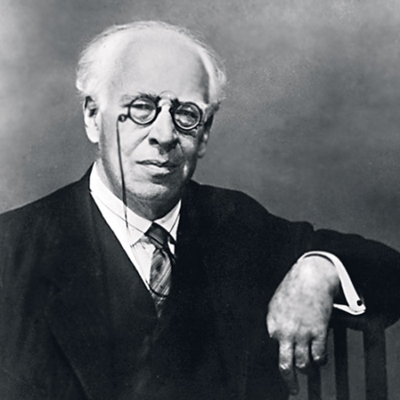What Are the 7 Pillars of Stanislavski’s Method?
(By Jim Webb)

(Konstantin Stanislavski)
Konstantin Stanislavski, a renowned Russian actor and director, is best known for developing a revolutionary approach to acting, which became the foundation for modern theater techniques. His method is focused on creating authentic, truthful performances by delving deeply into the psychological and emotional life of a character. One of the key components of Stanislavski’s approach is the “7 Pillars,” which represent essential elements that guide actors in their craft. These pillars not only help an actor build a performance but also aid in deepening their understanding of the character and the story being told.
The Magic If
One of Stanislavski’s most significant contributions to the acting world is the concept of the “Magic If.” This pillar encourages actors to ask themselves: “What would I do if I were in this situation?” The idea is that actors should approach their roles as if they were personally living the circumstances of the character. By asking this question, an actor can access deeper emotional responses and reactions, creating more authentic performances. This imaginative exercise helps actors to emotionally connect with their characters and their struggles, even if they have never experienced the specific situations themselves.
Objective
In Stanislavski’s method, the “objective” refers to what a character wants to achieve in a particular scene or throughout the entire play. This pillar stresses the importance of a clear goal for every character. An actor must understand their character’s objectives, motivations, and desires at any given moment, and this understanding drives their actions on stage. Whether the objective is tangible (such as achieving a promotion) or abstract (such as seeking love or acceptance), knowing the character’s goal is key to bringing the performance to life.
Super-Objective
The “super-objective” is the overarching goal or purpose that drives the character throughout the entire play or story. While the objective focuses on smaller, scene-based goals, the super-objective provides the actor with a long-term vision for their character. It represents the ultimate aim or aspiration that a character strives toward across the course of the entire narrative. By understanding the super-objective, an actor can bring coherence and consistency to their performance, ensuring that their actions align with their character’s broader journey.
Given Circumstances
The “given circumstances” refer to the specific details of the world in which the character exists. This includes the time period, location, relationships with other characters, and any other external factors that influence the character’s behavior. For actors, understanding the given circumstances is crucial because they provide context for the character’s thoughts and actions. A character’s choices and emotional responses are deeply affected by these circumstances, and fully comprehending them ensures that the actor remains true to the world of the play.
The Through Line of Action
The “through line of action” is the continuous thread that connects a character’s actions from the beginning to the end of the play. It is the sequence of actions that reveals the character’s overall journey and growth. By focusing on this through line, an actor can maintain a sense of purpose and direction in their performance. The through line not only helps an actor stay grounded in the character’s progression but also ensures that the character’s development is consistent throughout the performance.
Emotion Memory
“Emotion memory” involves the actor drawing upon their own past emotional experiences to connect with the emotions of their character. By remembering a personal event that evoked a similar feeling, the actor can recreate those emotions in a genuine and raw way. Stanislavski believed that the actor’s own emotional life could serve as a valuable resource in crafting a believable performance. This technique, however, requires careful balance, as an actor must ensure that they do not lose themselves in their personal emotions, but rather channel them to serve the character.
Concentration and Observation
The final pillar, concentration, and observation are vital for an actor to stay present and engaged during their performance. Actors must focus intensely on their work and the world around them, observing the nuances of human behavior, body language, and interactions. This heightened awareness allows actors to respond authentically to their fellow performers and adjust their portrayal of the character in real-time, ensuring that every moment feels spontaneous and true to life.



